

| State Level Govt. Exams |
|---|
| Crash Courses |
|---|
| Chapterwise Study Material & Notes |
|---|
| Books / eBooks |
|---|
| Mock Tests Series |
|---|
| Free Video Leaning Programe (VLP) |
|---|
BUY Online Study Materials/Notes |
|---|
| Practice Sets |
|---|
| Je & Ae Exams |
|---|
| Coaching for Schools Students (K-12) |
|---|
| NCERT Solutions |
|---|
| Quick Links |
|---|
Andhra Pradesh High Court has released a notification regarding recruitment to the post of Civil Judge(Junior Division). The process for recruitment has started. Interested and eligible candidates are requested to go carefully through the official notification, before applying for the post. The official notification has been released and can be viewed from the Official website of AP High Court at - https://hc.ap.nic.in Forms for recruitment will be submitted online only. The registration has started from 17 March 2023 and last date to apply online is 6 April 2023. This year there are a total of 30 vacancies to be filled. Applications can be filled online via the official website of AP High Court Civil Judge in the careers section.
Andhra Pradesh Judiciary Recruitment Notification 2024
 |
High Court of Andhra Pradesh recruitment of Civil Judges Revised Study Notes available |
AP High Court Civil Judge COMBO PACK @ 5000/- Prelims Exam notes hard copy @ 2500/- & pdf @ 1500/- Main Exam notes hard copy @ 2500/- & pdf @ 1500/- Crash course price pdf @ 1500/- Mock test paper (Test Series) pdf price @ 500/- Practice papers pdf price @ 500/- Pay us via gpay or phonepe or Paytm on 8756987953 Plz share screenshot after payment |
|
AP High Court Recruitment : Eligibility Criteria
Educational Qualification: The candidate must have a Degree in Law. Only those candidates who meet the requirements of the Andhra Pradesh State Judicial (Service & Cadre) Rules 2007 will be considered.
Age Limit: The maximum age limit for applying for the post of Civil Judge (Junior Division) is 35 years.
AP High Court Civil Judge Exam Pattern
As discussed earlier, the AP High Court Civil Judge Recruitment process will include three stages:
- Screening Test: MCQ based questions
- Mains Examination: Written Test
- Viva Voce
The screening test will be conducted to shortlist the candidates for the mains written examination. The marks obtained in the screening test will not be considered for the final selection since it is only a qualifying test. The final merit list is prepared based on the marks obtained by the aspirants in the mains written examination and the Viva Voce.
It is very necessary for all the aspirants to go through the AP High Court Civil Judge Exam Pattern 2021 which is discussed in brief below:
Stage 1: Screening Test (Computer Based Test)
Subject |
No. Of Questions |
Marks |
Exam Duration |
Computer Based Test |
100 |
100 |
2 Hour |
Total |
100 |
100 |
2 Hour |
- The screening test will be a computer-based test and the questions asked in this stage will be Multiple choice types.
- The language of the questions asked will be English.
- There will be no negative marking in the screening test.
Stage 2: Mains Written Exam Pattern
Subject |
No. Of Questions |
Marks |
Exam Duration |
Civil Law |
100 |
100 |
3 Hours |
Criminal Law |
100 |
100 |
3 Hours |
English Translation, Essay Writing Test on Legal Subject |
100 |
100 |
3 Hours |
Total |
300 |
300 |
-- |
Candidates must note that the answers to all the questions in the written examination have to be attempted in English Language only (except for the Translation paper).
Stage 3: Viva Voce
Viva Voce will be of 50 marks. Any candidate who remains absent on stage 3 will be considered disqualified from the recruitment process. The main objective of this stage is to assess the suitability of the candidates for the cadre by judging the mental alertness, knowledge of the law, clear and logical exposition, balance of judgment, skills, attitude, ethics, power of assimilation, power of communication and intellectual depth.
AP High Court Civil Judge Syllabus
As per the official notification, the AP High Court Civil Judge Syllabus 2021 will be the same for all the three stages of the Screening Test, Mains Written Examination, and Viva Voce. The syllabus will mainly include two sections: Civil Laws and Criminal Laws. The syllabus for both sections are mentioned in detail below:
1. Civil Laws Syllabus
The syllabus of the civil laws will include questions from the following topics:
- Code of Civil Procedure, 1908
- Indian Contract Act, 1872
- Hindu Marriage Act, 1955
- Hindu Succession Act, 1956
- Indian Easement Act 1882
- Specific Relief Act, 1963
- Limitation Act, 1963
- Transfer of Property Act, 1882
- Civil Rules of Practice
- Registration Act, 1908
- Indian Stamp Act, 1899
- Andhra Pradesh Land Encroachment Act, 1905
- Indian Evidence Act, 1872
2. Criminal Laws Syllabus
The syllabus of the Criminal Laws will include questions from the following topics:
- Code of Criminal Procedure, 1973
- Indian Penal Code, 1860
- Indian Evidence Act, 1872
- Negotiable Instruments Act, 1881
- Protection of Women from Domestic Violence Act, 2005
- Criminal Rules of Practice
- Andhra Pradesh Excise Act, 1968
- Andhra Pradesh Gaming Act, 1974
- Juvenile Justice (Care and Protection of Children) Act



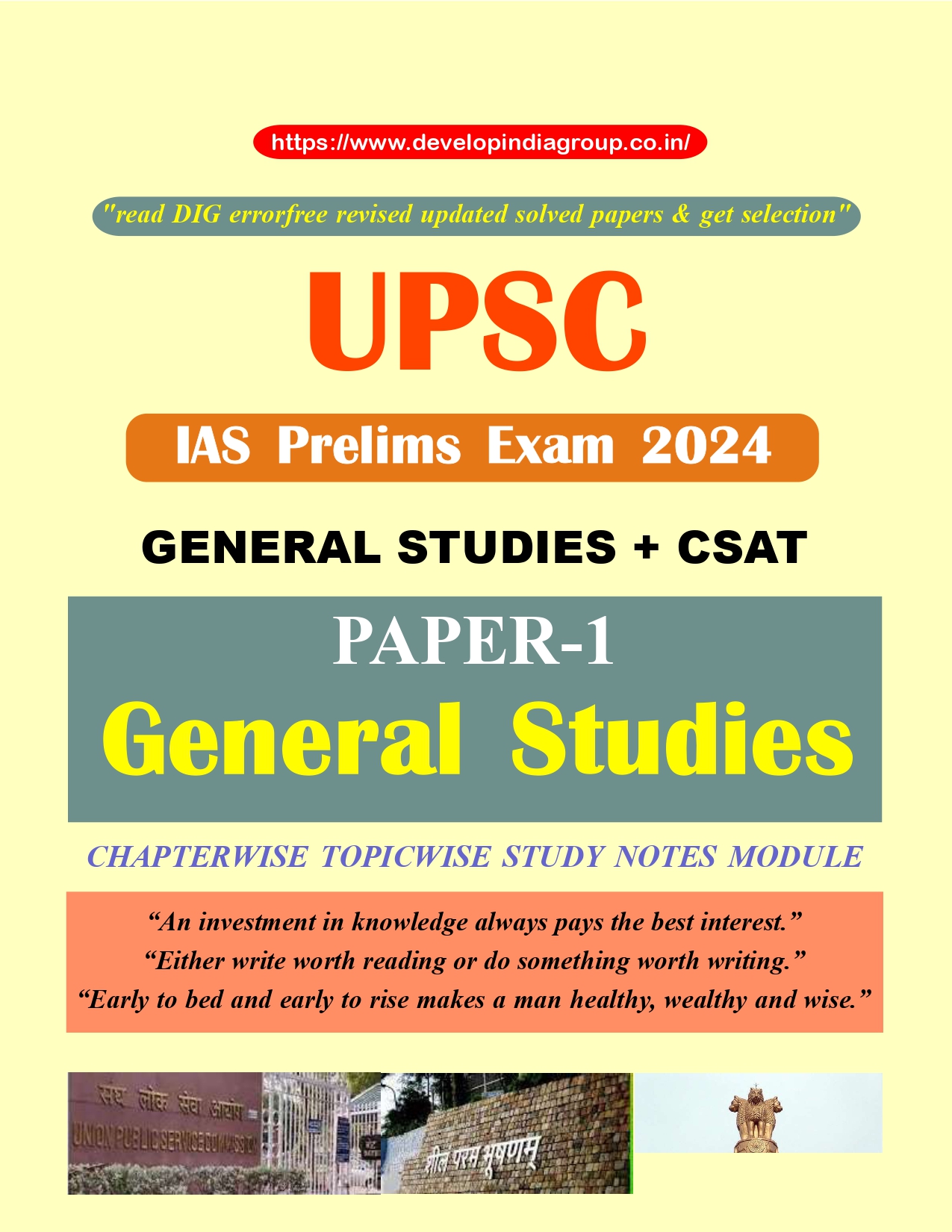
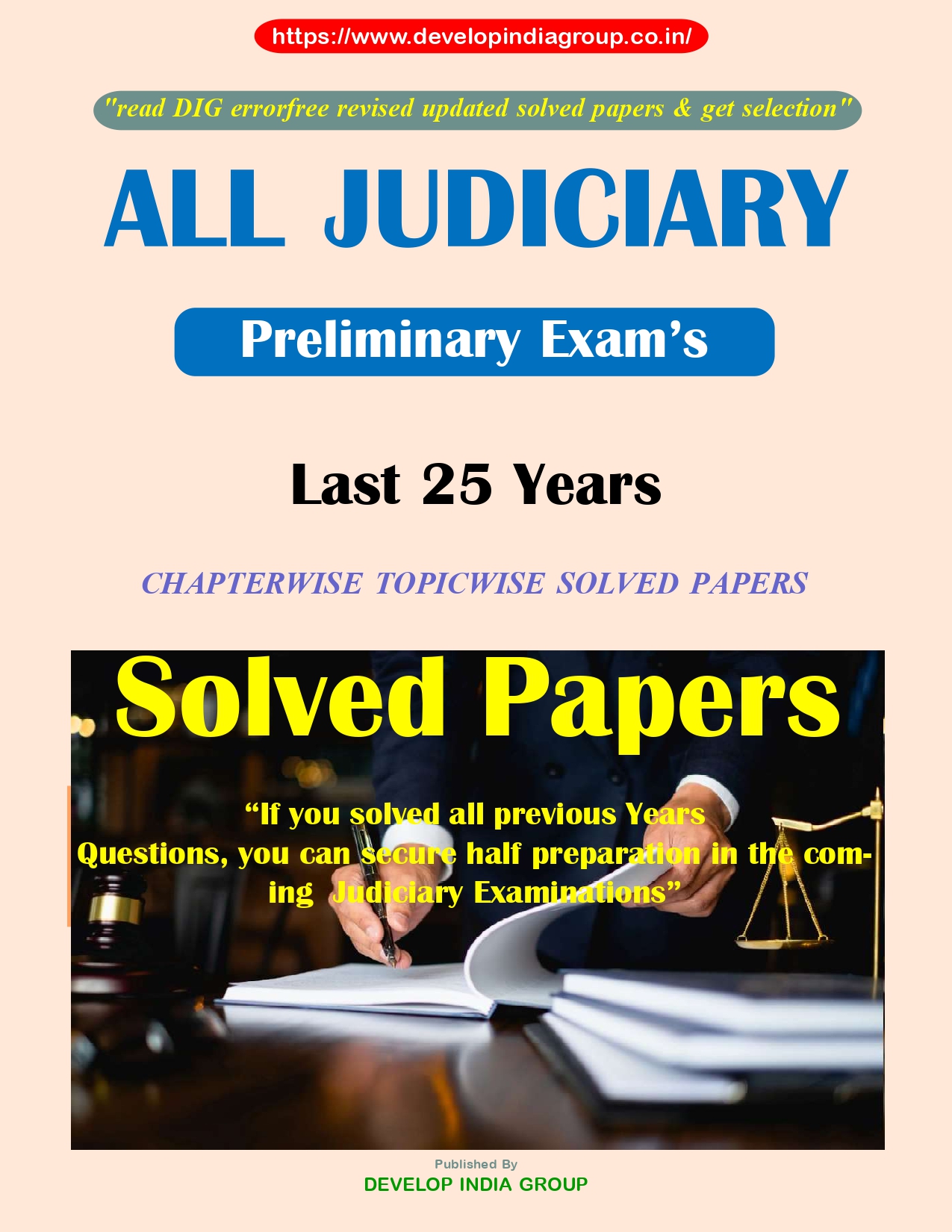


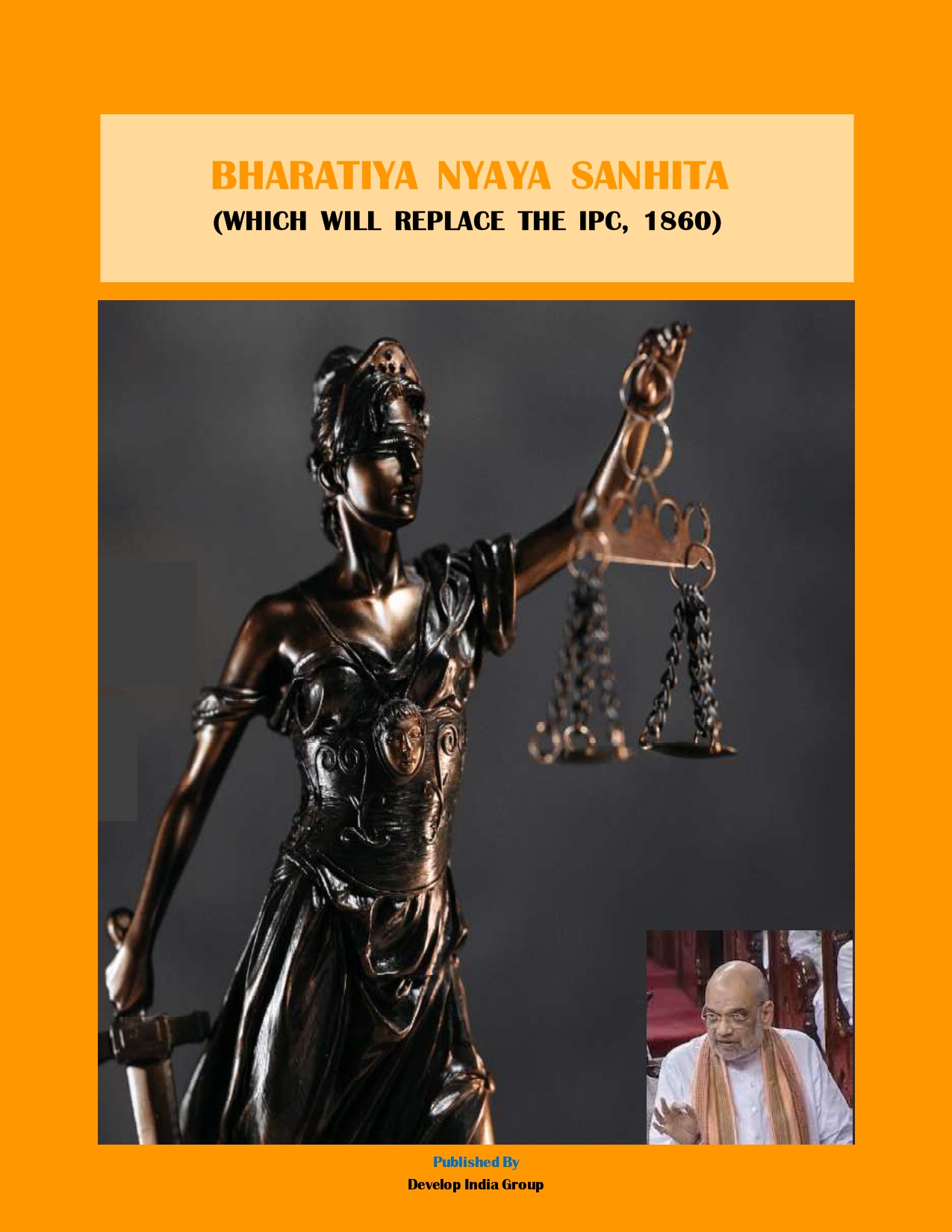
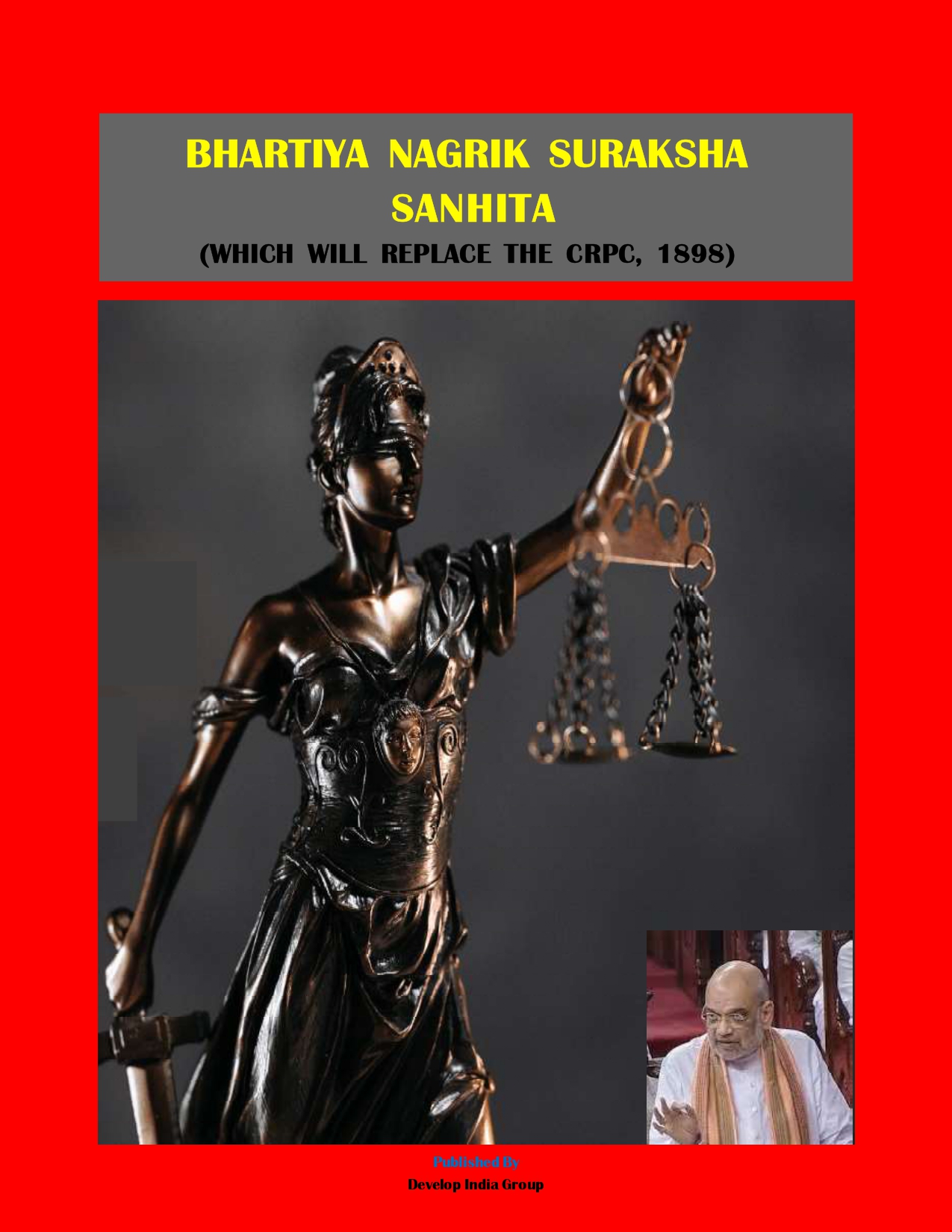






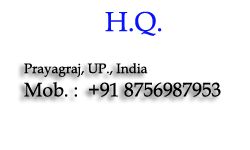



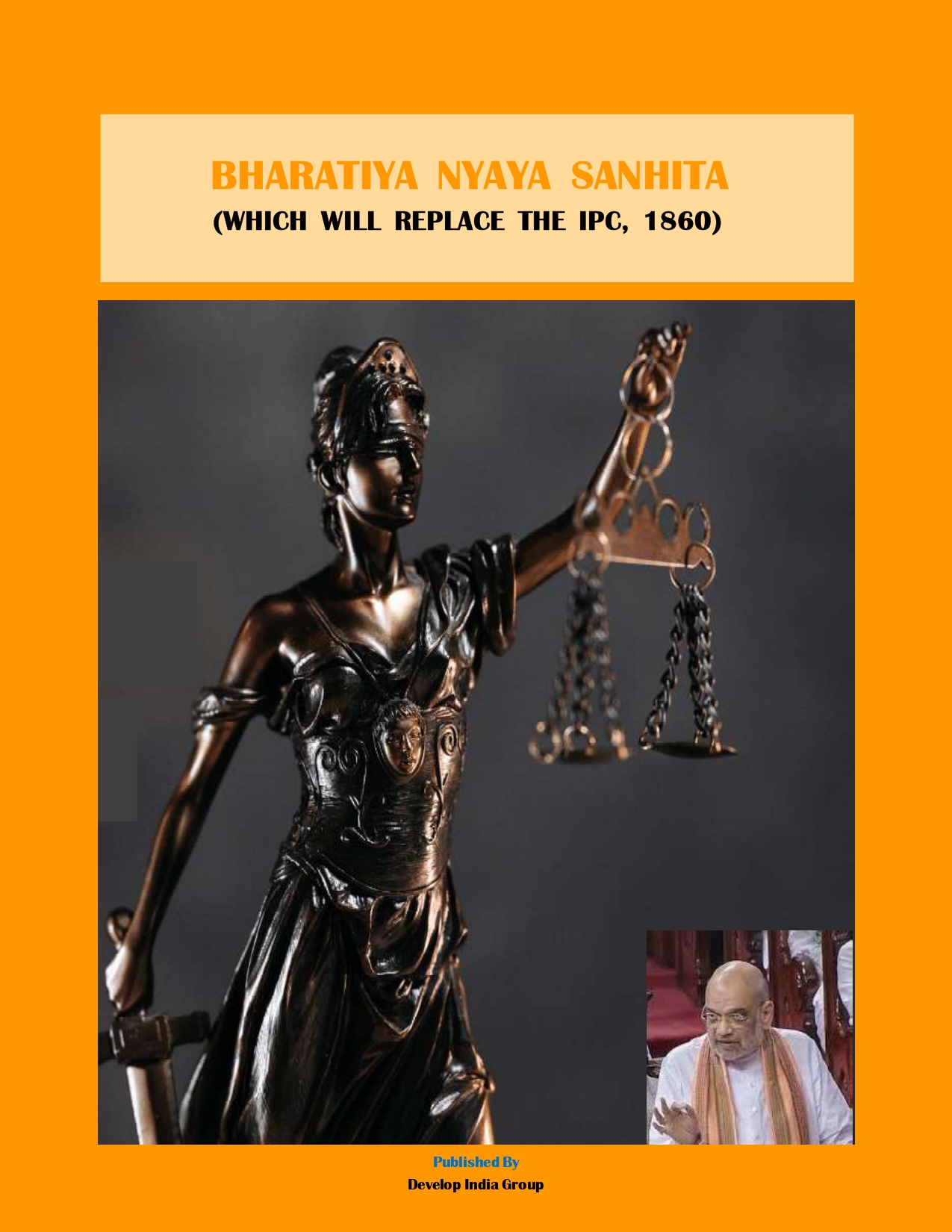
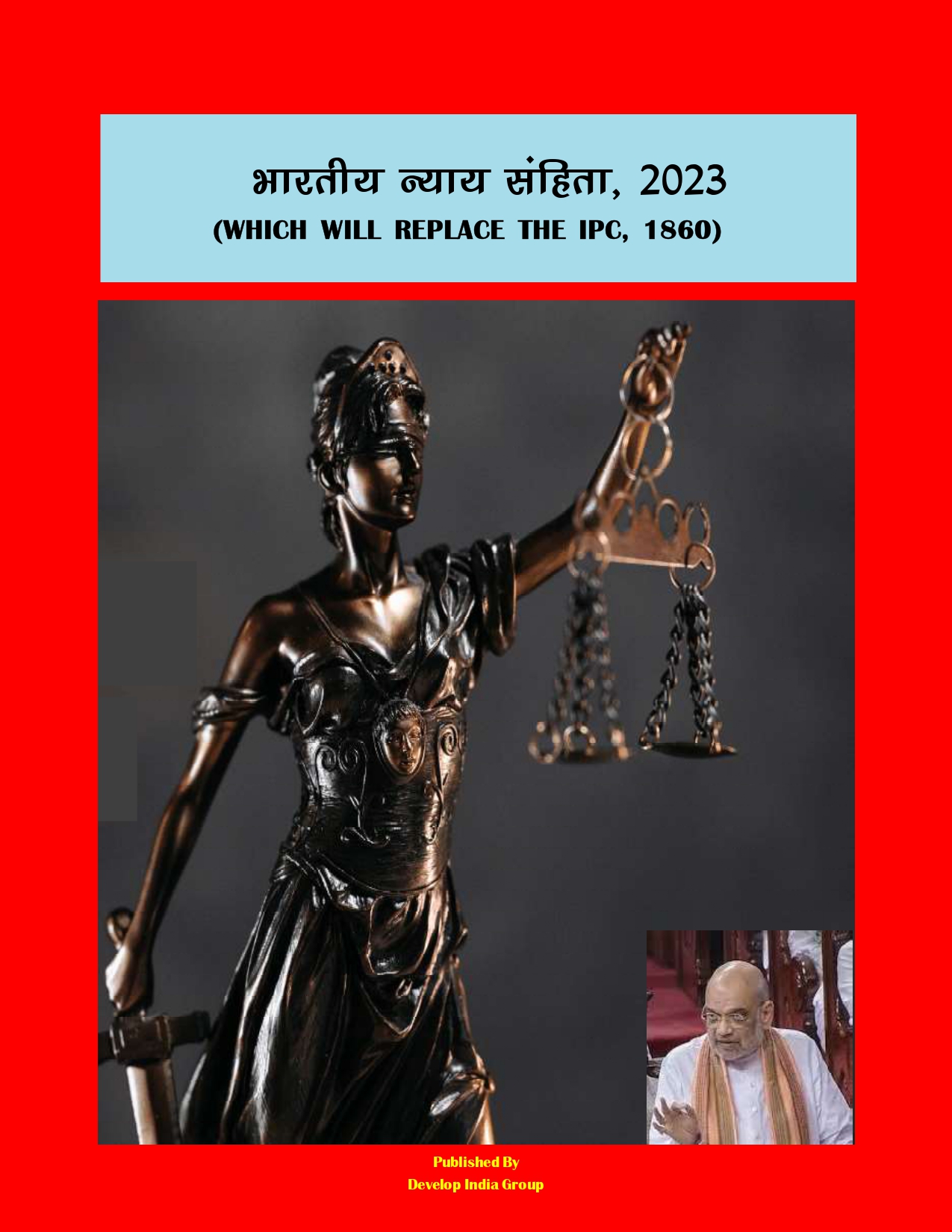
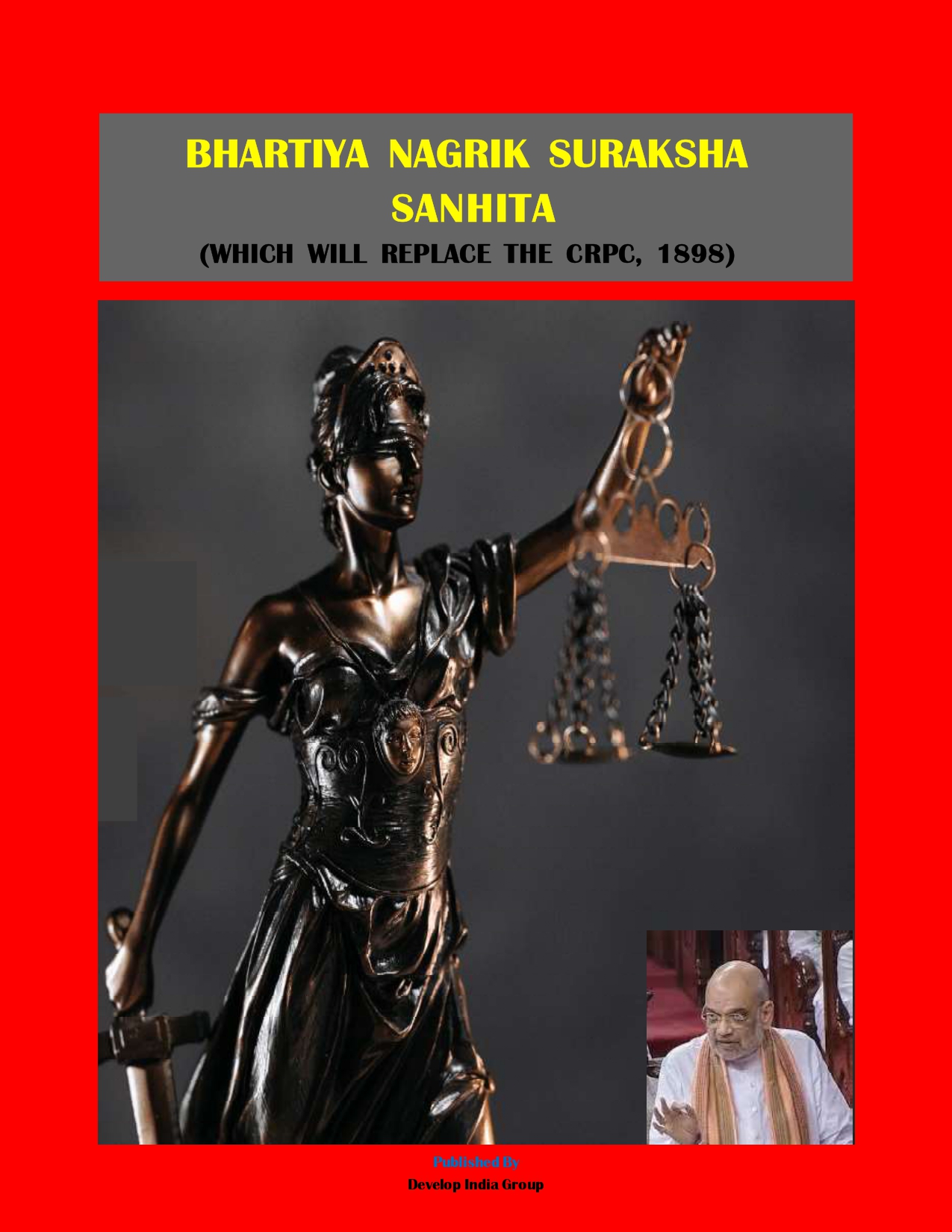
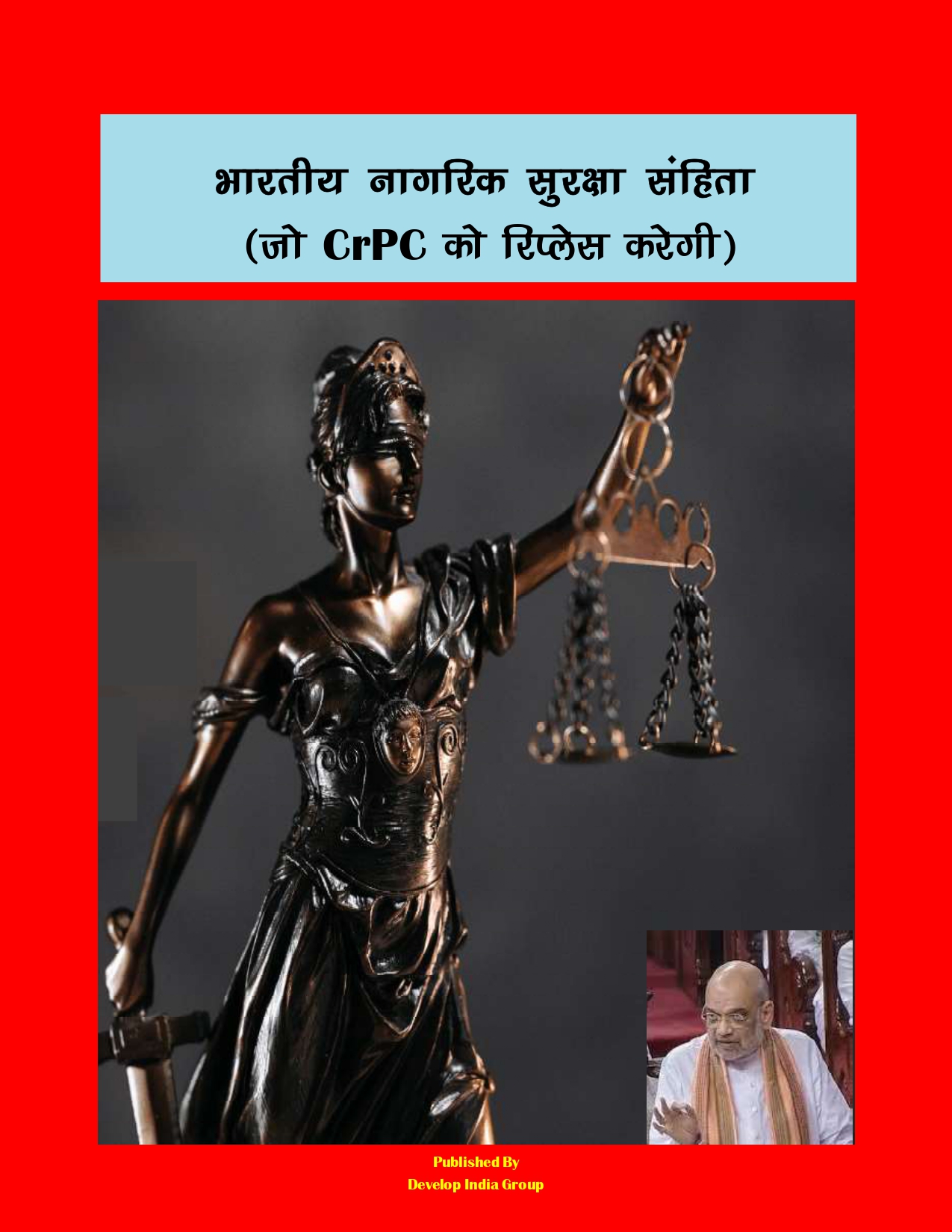
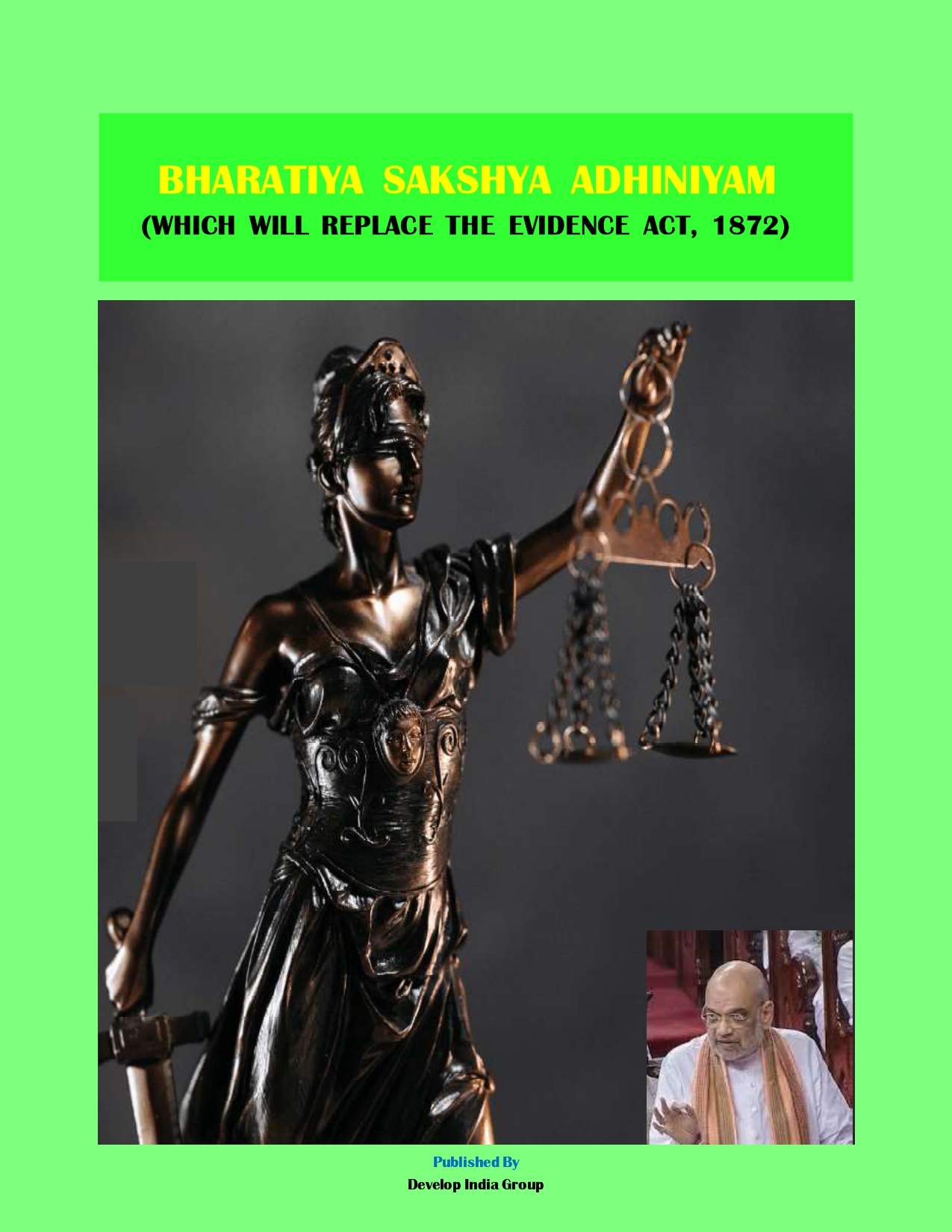
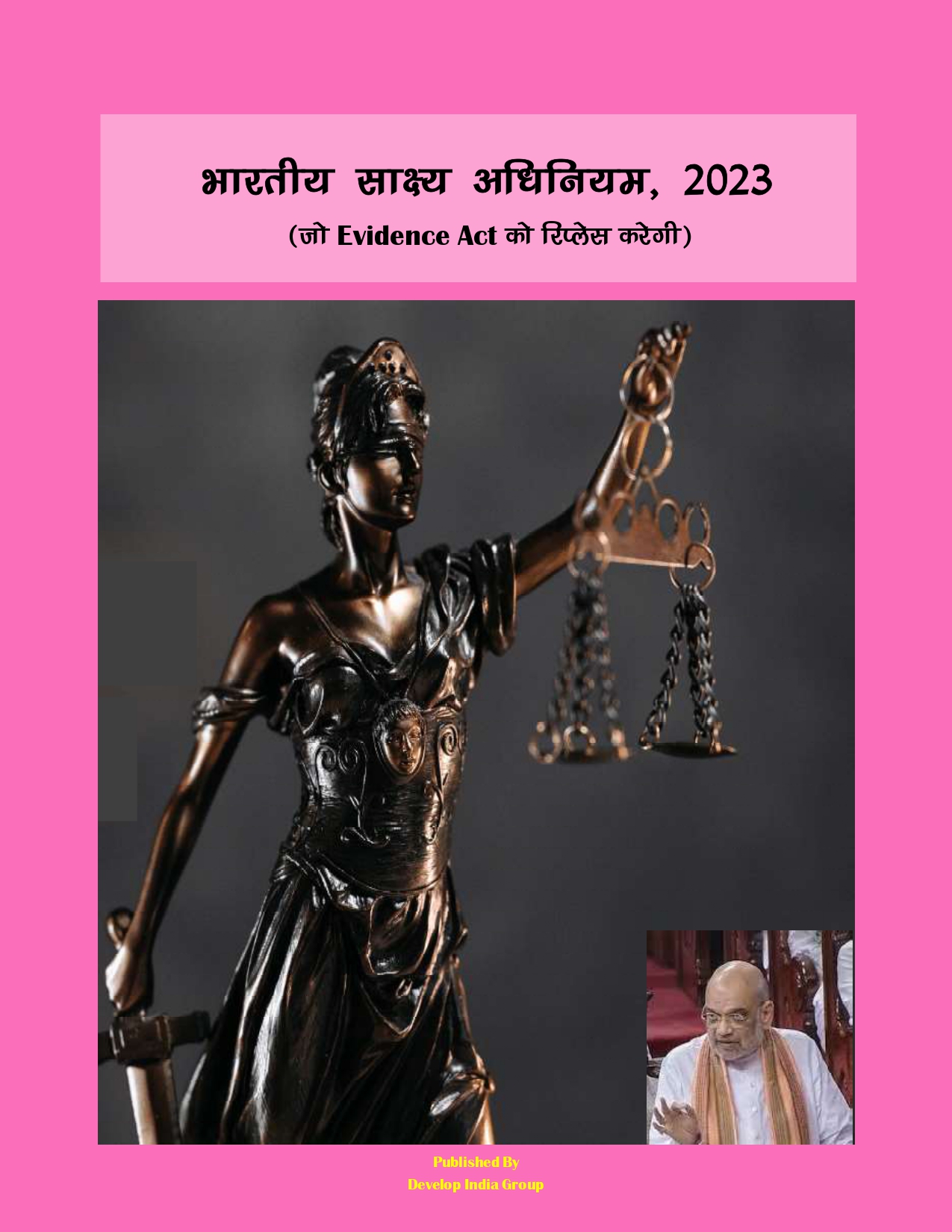
.jpg)











